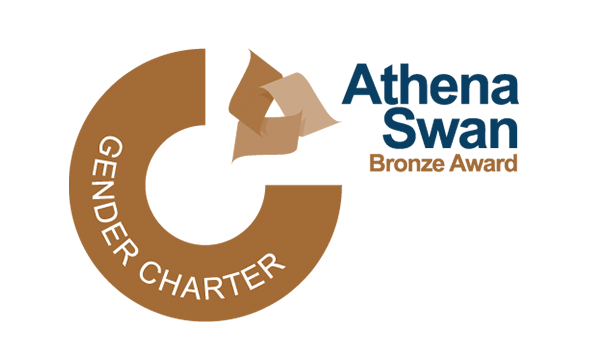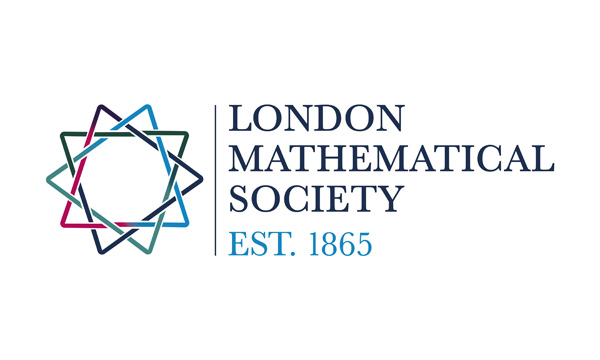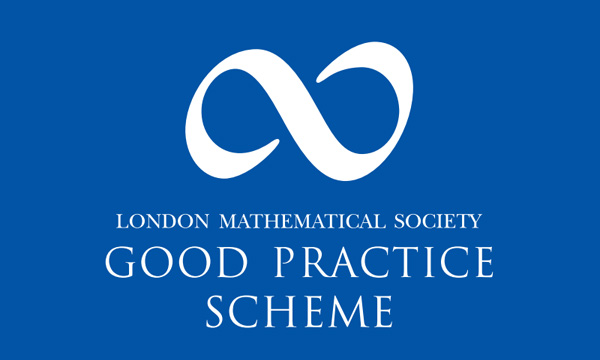Functor categories for groups - Low-dimensional groups
6 September 2024, Oxford (local organiser: Dawid Kielak)
Schedule
2pm Naomi Andrew (Oxford)
3:30pm Monika Kudlinska (Oxford/Cambridge)
5pm Lars Louder (UCL)
7pm dinner
The first two talks will be streamed. If you would like to participate in person, or receive the link to the stream, please register by emailing kielak@maths.ox.ac.uk. Please let me know if you would like to stay for dinner (which should be subsidised).
Venue
Oxford Maths Institute, lecture room L6 (downstairs)
Titles and abstracts
Naomi Andrew: (Some) Subgroups of Free-by-Cyclic groups
In general, it is hard to characterise "all subgroups" of a given group, even hyperbolic groups still have many mysteries here. However, restricting the complexity in some way can make the problem tractable: subgroups of free groups, or of surface groups are not so bad, and cyclic subgroups don't cause too many problems. Two generators are many more than one, but progress can still be made: in 1979, Jaco and Shalen characterised the two-generator subgroups of fundamental groups of certain orientable three manifolds. I will talk about recent work with Edgar Bering, Ilya Kapovich and Stefano Vidussi characterising the two-generator subgroups of mapping tori of free groups, using ideas from Feighn and Handel's proof of coherence for these groups.
Monika Kudlinska: Solving equations in free-by-cyclic groups
A group G is said to be equationally Noetherian if any system of equations over G is equivalent to a finite subsystem. In joint work with Motiejus Valiunas we show that all free-by-cyclic groups are equationally Noetherian. As an application, we deduce that the set of exponential growth rates of a free-by-cyclic group is well ordered.
Lars Louder: An explicit upper bound on the number of ways to write a commutator
In his work on the Tarski conjecture Sela proved, among other things, that up to fractional Dehn twists, there is a uniform upper bound on the number of ways to write a fixed commutator c as [u,v] in a free group. I will give an explicit upper bound. This is joint work with Aminaei, Conway, Florescu, Kim, and Wilton.
About the meeting
Motivated partially by geometric topology, many of the most striking recent results in group theory focus on the low-dimensional regime. More specifically, when the cohomological dimension of a group is 2 or 3, one can often use Euler-characteristic considerations to extract useful information about (co)homological behaviour of the group. In particular, this applies to 3-manifold groups and PD_3-groups, free-by-cyclic groups (where the free group can be either finitely generated or not), and one-relator groups.
The meeting will bring together experts working on these classes of groups, in what is a very exciting time for the subject, to take stock of the quickly changing landscape.
Speakers
Monika Kudlinska (Oxford), Naomi Andrew (Oxford) and Lars Louder (UCL)




